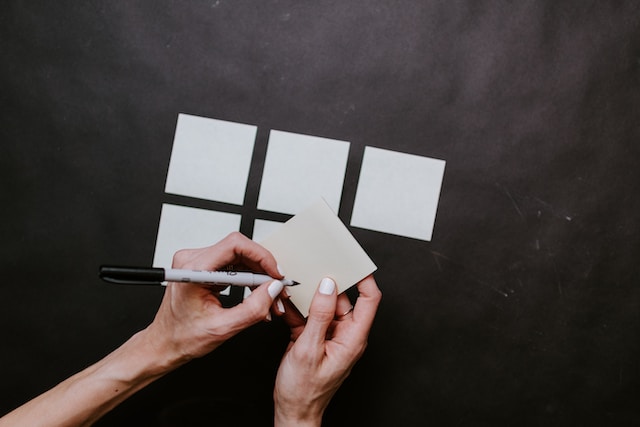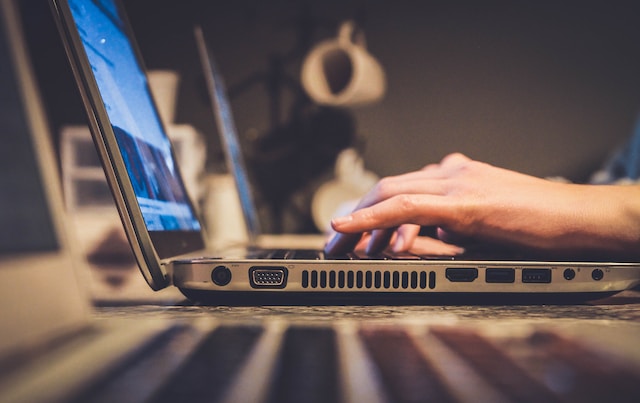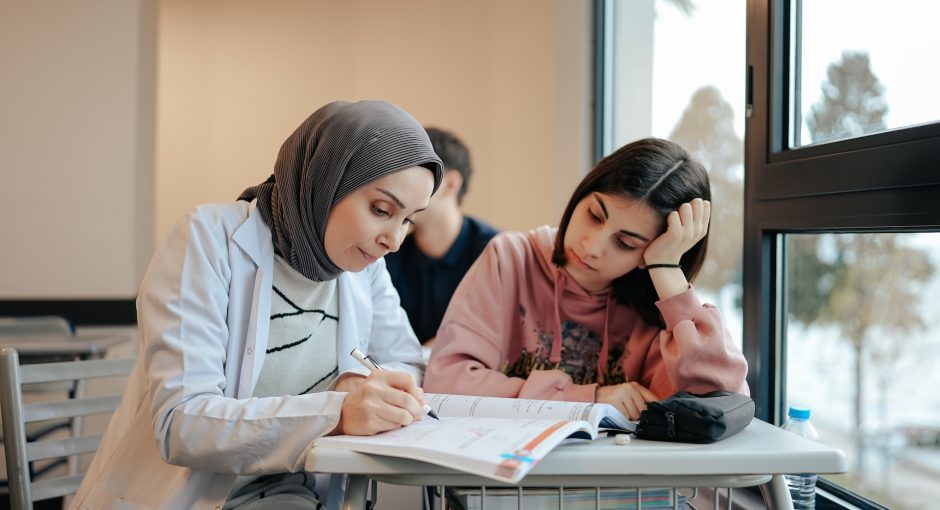What methods of studying and memorizing material are the most effective? Very often we start preparing for exams at the last minute. And at the same time, we sincerely hope that a few sleepless nights hugging notes and coffee will help us learn all the necessary material in record time. And on the day of the exam, we will have the strength to extract the necessary answer from the chaos in our head and, finally, return to a calm life. This “strategy,” if you can call it that, is not actually productive at all. It only provokes tension and stress in us, which as a result interferes with the real assimilation and memorization of the material.
If exam time is approaching in your life, we encourage you to try different methods of studying and remembering material developed by Anki Pro that will make the process easier and more effective.
Memorize using cards
Thanks to the visual flashcard method, you can store important dates, facts, formulas, place names, foreign words and much more in long-term memory.
Why the flashcard method works for memorization
A card is a piece of paper or a picture in electronic form with two working sides. On one – what you need to remember; on the other there is an explanation.

Active memorization
Working with cards is like a little exam every time. We see a question, that is, one side with an unfamiliar concept, and try to find the answer on our own. Then we open the back side and check ourselves. This activates the brain much better than regular reading or rote cramming.
You can also study with electronic flashcards, such as anatomy Anki deck, which combines questions collected by many students, and you can also create your own flashcards here and share knowledge with others.
Memorization begins at the moment of preparation
By making cards, especially paper ones, we are already processing and assimilating the material.
Easy to use
Unlike heavy textbooks, the cards can be taken with you almost anywhere, and you can refresh the information at any time.
A few more life hacks of memorizing using cards
- Say your answers out loud. This way, information is remembered better, as auditory memory is used.
- Have a brainstorm from time to time. Pulling cards at random from different collections, try to give the maximum number of correct answers in a limited period of time.
- Exchange cards with friends. It’s fun and includes accountability. You will want to quickly transfer all the cards to the third box.
- Combine with other teaching methods. Flashcards are not a magic wand. Don’t forget to watch classes, take notes and read books.
- Learn everywhere. To work with cards, you don’t need any special conditions; their trick is simplicity. Go through cards in line, in the subway, in the elevator, at dinner, and even while taking a bath.

Team up with another student and read your notes out loud
It has been scientifically proven that reading information out loud improves the process of memorization. Many teachers claim that students who repeat material out loud in groups spend less time learning and remembering new knowledge.
The essence of the method: you can use this memorization technique by agreeing to study for the exam with one of your students, or even by asking one of your family members for help. If you can’t find someone willing to help you prepare for the exam, you can read your notes out loud to yourself, or use a stuffed animal as a listener. You may feel a little awkward at first, but many people find this technique helpful.



